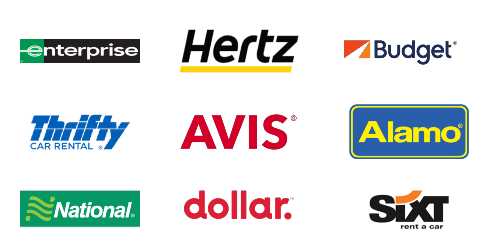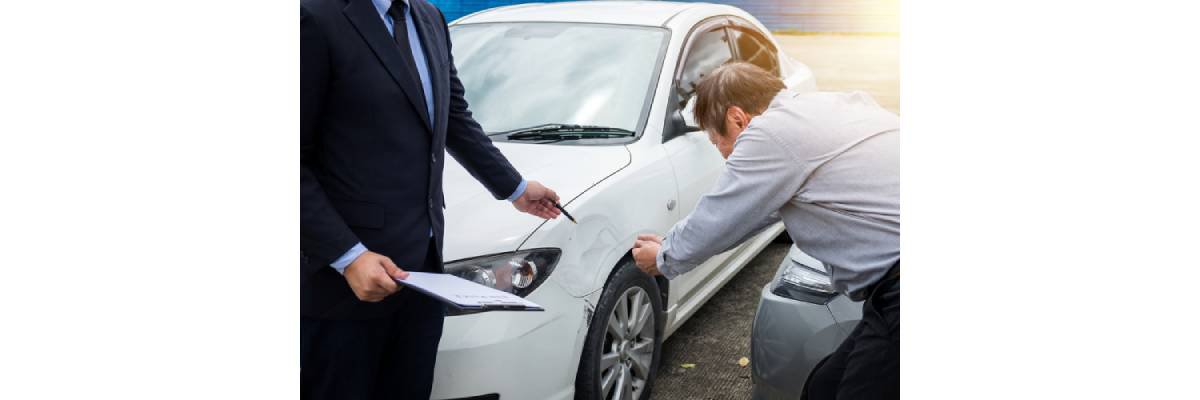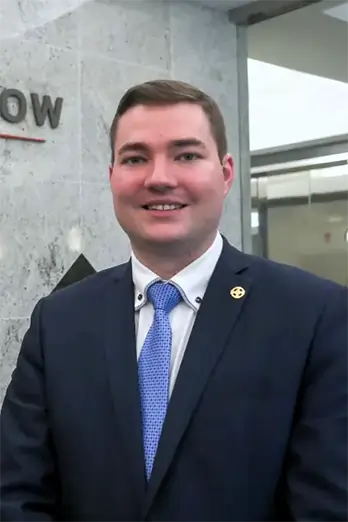
If you have been involved in a car accident in Virginia, there is a very high likelihood that your vehicle was damaged, and it is very possible that it is not drivable. After a car crash, many people have a lot of questions about who pays for what, and how that process works. Attorney Joe Blaszkow answers some of the most common questions, here.
Who pays for what?
If you have been involved in a car accident, chances are you believe that it was the other person’s fault. Of course, you were involved in the accident, so you know what happened. However, sometimes your word, and your recollection, is not enough for an insurance company.
After a Virginia car accident, the insurance companies have to determine who was at fault before they will pay anything. After all, if they think their insured didn’t do anything wrong, they won’t pay.
The insurance companies’ claims process is often not quick. Sometimes it can be, but not always. In simple situations, if for example, you are stopped at a red light and someone slammed into the back of your car, the at-fault insurance company may accept liability right away. However, if the facts of the crash are little more complicated (if, say, you were proceeding through an intersection, and hit in a T-bone collision, where there is a chance that the other side claims that they had the green light, instead of you), the claims process may take longer!
Whenever there is a dispute about liability, the at-fault insurance company is often not going to pay for your rental. But we will come back to that.
If the other side does accept liability, then they will get you into a rental vehicle while your vehicle is being repaired. Virginia Code 8.01-66 is the state law which governs rental vehicles and repairs. You have a right to receive a rental vehicle that is comparable to your current vehicle. This does not mean that they will put you in a Lincoln if you were driving a Yugo. Having said that, it is not always possible for rental agencies to provide you with an exact match, if for example you were driving a Tesla or Mercedes. The rental car companies has to take reasonable steps to get you into a similar vehicle, not the same vehicle.
What if the at-fault party does not accept liability?
If the other side does not accept liability, then you can still get into a rental vehicle; however, you will have to open up this claim through your own car insurance. In this case, there may be a deductible, and your own car insurance limits will apply. There is a limit to the amount of coverage that is available. Your insurance may only cover a rental up to a certain amount (such as $1,000), or for a certain number of days, perhaps 15. Every policy is different, and the policy will govern the length of time they will pay for.
Insurance companies are only required to pay up to the limit of the available policy. However, insurance coverage often comes from separate sections of a policy. If the rental coverage is maxed out, the remaining balance may come from the property damage portion of the applicable insurance policy. This can get a little tricky, as not everyone is aware of how this works.
In the event that the coverage runs out, you may have to pay for the rental vehicle out of your pocket.
Who provides car insurance for the rental vehicle?
You have the option of purchasing additional coverage when you are renting a vehicle, offered by the rental car company. This is additional coverage – it is not strictly required, as often the coverage for your rental vehicle will come from your own car insurance policy.
Be warned, however, that because your car insurance policy will govern, the same policy restrictions will apply. This means that if you have no collision coverage, then any damage to that rental vehicle will not be covered, and will come out of your pocket!
Recovering your rental expenses after a Virginia Car Accident
If you had to pay anything out of pocket, whether I deductible, or additional monies after, you can make this part of your claim against the at-fault party. If you are proceeding on your own, you may get some push back from insurance adjusters who only want to cover part of your rental.
As rental expenses are generally relatively low, usually under $1,000 to $3,000, you have the right to force the issue, if you choose. You can file a lawsuit in small claims court for your damages. Small claims court is the lowest level Court in the Commonwealth of Virginia, part of the General District Court. You will not be able to have an attorney for small claims cases, as lawyers are not permitted to represent clients in small claims court in Virginia.
What if the at-fault driver has no insurance?
If the person who caused the accident has no motor vehicle insurance, then your claim, whether it is for property damages, rental expenses, or any other damages, is an uninsured motorist claim. This claim is still against the at-fault driver, however is handled through your own insurance company.
Conversations with any insurance adjuster
In any case, you will be speaking to insurance adjusters, whether for your own insurance company or for the other person’s insurance company. Insurance adjusters are extremely intelligent and crafty people. It is always important to remember that they do not work for you, nor do they represent your best interests. They work for the company that signs their paycheck, which is beholden only to its stockholders. Always be careful in what you say, as anything you do say, they will use against you if they can.
What if I was hurt in the car accident?
If you were hurt in an accident, then you need to speak to an experienced car accident lawyer right away. You don’t want to speak to an insurance company, even to get your rental vehicle, until you’ve talked to a lawyer. Insurance adjusters will do everything they can to minimize your case, or to attack it entirely. A car accident attorney is going to fight for your interests, and to get you the compensation that you deserve. This includes not only your injuries, but also all of the rental expenses.
Once you speak to an attorney, generally the attorney is not going to let you speak to the insurance company without the benefit of counsel. There are rare instances, such as speaking to an adjuster to get your vehicle inspector, or get in for a repair, where the lawyer will allow the adjuster to speak to you directly. However, a good lawyer is going to speak to you first, and make sure that you only talk about things that they are not going to be able to twist, and use to try to attack your claim.
If you have been hurt in a car accident anywhere in the Commonwealth of Virginia, then contact attorney Joe Blaszkow and his team today. At Blaszkow Legal, we fight for injured Virginians all day and every day.
Call us today for a free consultation!
Alexandria/Northern Virginia Office:
5270 Shawnee Road #102, Alexandria, Va. 22312
703-879-5910
Richmond Office:
7824 Shrader Road, Richmond, Va. 23294
804-273-8929
Hablamos Espanol!






